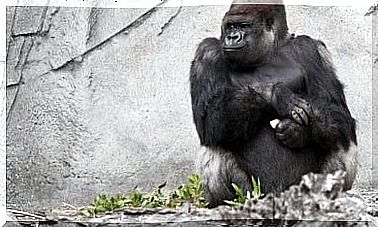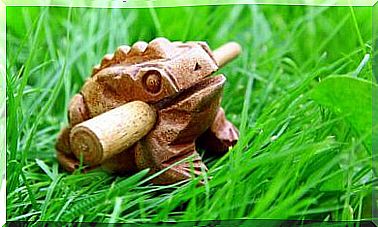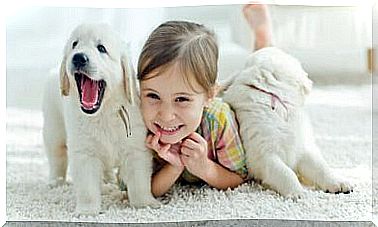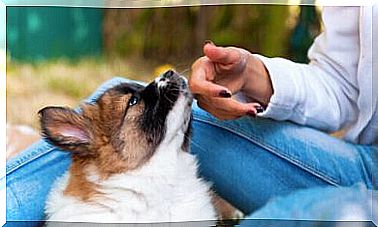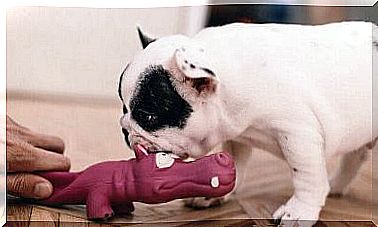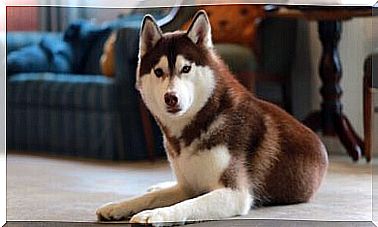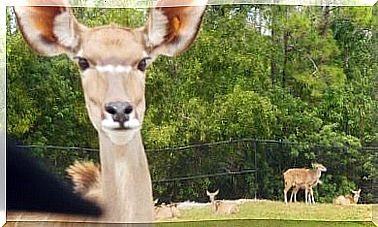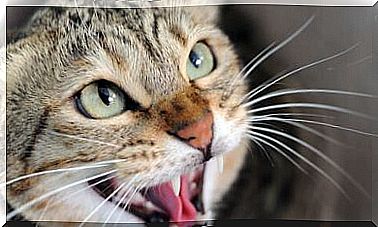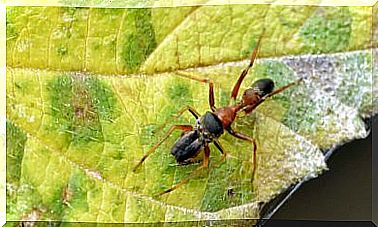Excessive Hygiene In Dogs: How To Prevent And Treat
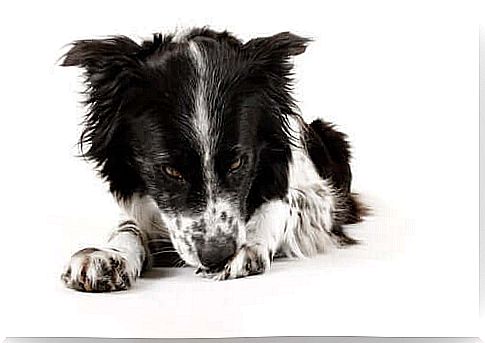
The fact that your dog can lick and clean different parts of the body is, of course, normal and welcome. However, as they say, everything must be done in the right measure. So today we’ll share what you need to know to prevent and treat excessive grooming in dogs.
Differences between normal and exaggerated
Licking is a common practice of dogs, which serves not only to clean the body, but also to feel relaxed or to interact with other animals.
However, if you notice that your dog spends a lot of time licking itself, or even licking another pet, pay attention, as this is certainly a sign that something is not right.
It is important, then, to learn to differentiate between regular cleaning behavior and excessive hygiene, which can be accompanied by small bites and can even become stereotyped behavior.
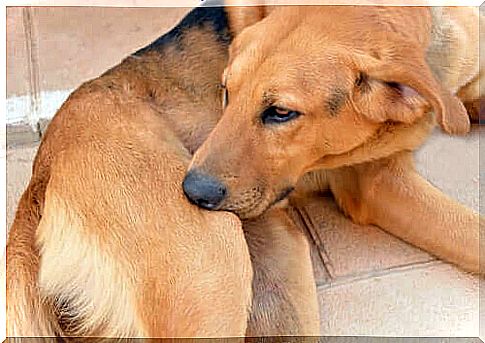
What Causes Excessive Hygiene in Dogs?
Among the reasons for excessive hygiene in dogs, we can point out physical and emotional causes. Between them:
- Itching caused by skin diseases, allergies or the presence of external parasites.
- Pain or irritation due to different bone pathologies.
- Compulsive disorder.
- Anxiety.
Finding the cause of the dog’s excessive “love” for hygiene is essential to help your four-legged friend solve the underlying problem and prevent skin damage or shedding of hair.
Do not hesitate to consult your veterinarian so that you can accurately determine what is causing this behavior in the animal and to receive the appropriate treatment.
Even, in some cases, an animal behavior specialist must be consulted, a neurological evaluation must be carried out and it may even be necessary to administer some specific medication.
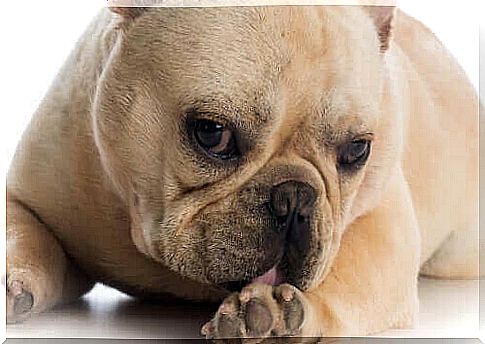
Avoid excessive hygiene in dogs
Some of the measures that can be taken so that dogs do not persistently lick themselves are:
- Keep them free of fleas and other external parasites as directed by your veterinarian.
- Use products suitable for the bath.
- Prevent it from coming into contact with toxic substances.
- Be aware that certain foods that the animal eats do not cause any type of food allergy.
- Provide a proper diet and ensure a daily exercise routine so that he does not suffer from excess weight, preventing bone disease.
Other measures to prevent the animal from licking itself excessively
When the reasons that cause this problem in dogs are emotional, the licking occurs mainly on the paws. Also, the behavior is often repeated in the same way at different times of the day, and can become obsessive.
The main reason behind this manifestation, in general, is anxiety, caused by boredom and lack of exercise. To avoid it, we can, among other measures, give our pet the proper attention (spoiling, playing, walking long enough, providing toys, etc.).
Another good measure is to use positive reinforcement: ignore excessive licking and reward “normal” dog behaviors. By no means can punishments be used to try to get dogs to give up repeatedly licking themselves.
Nor should we humanize them (dress them, paint their fur, organize a birthday party, etc.). These attitudes can cause emotional problems in pets, leading to behaviors such as excessive hygiene.
